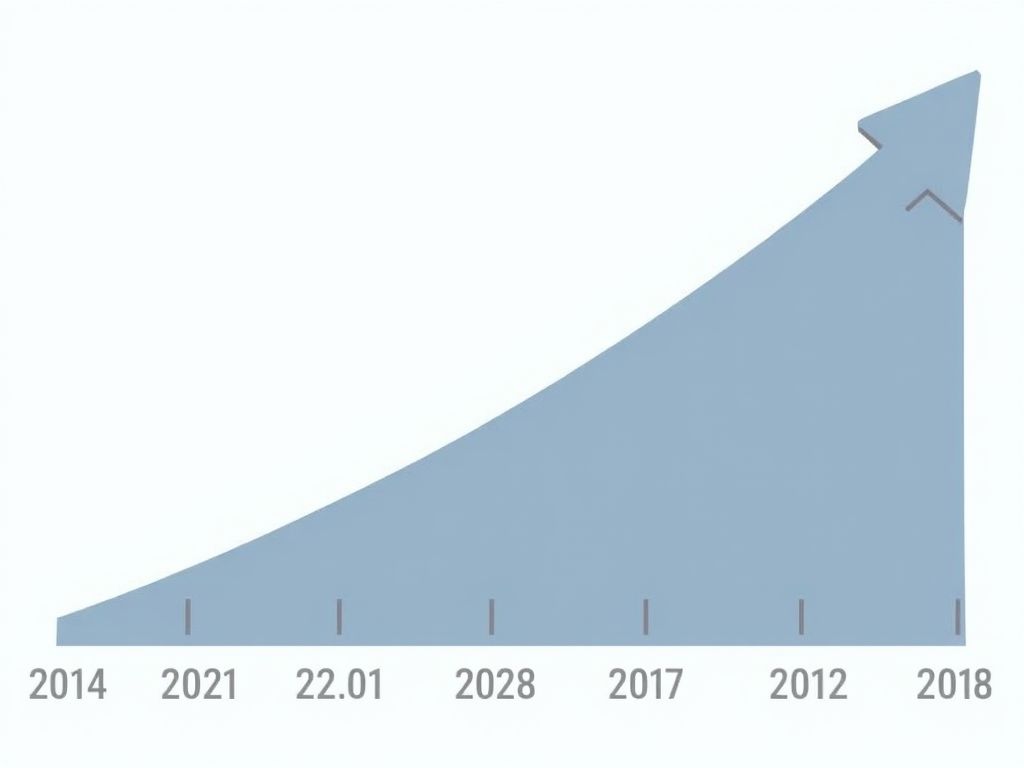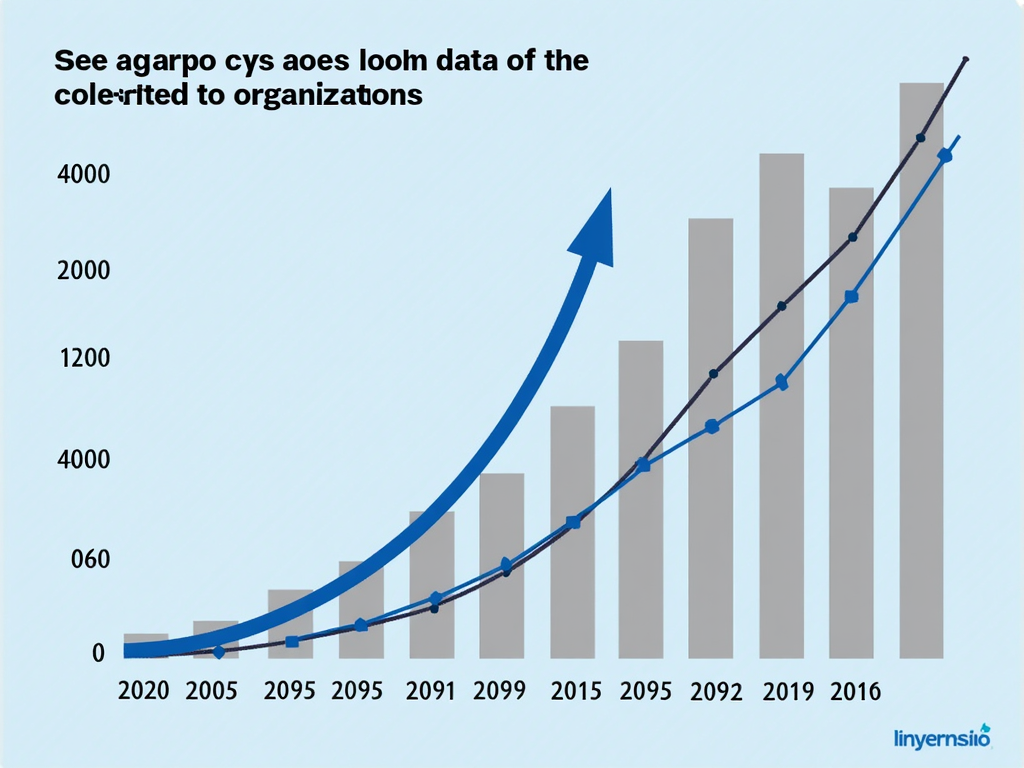Emerging Data Privacy Trends in 2025: What You Need to Know
In 2025, data privacy is more important than ever. With the increasing amount of personal data being collected and shared online, individuals and organizations must take steps to protect their privacy. This article explores the emerging data privacy trends in 2025, including the growing importance of data privacy, emerging trends in data privacy regulation, technological advancements in data privacy, consumer awareness and action, and tools and strategies for protecting online privacy.

The Growing Importance of Data Privacy
Data privacy is becoming increasingly important as more and more personal data is being collected and shared online. In 2025, individuals and organizations must be aware of the risks associated with data privacy and take steps to protect themselves.
One of the key reasons for the growing importance of data privacy is the increasing number of data breaches. According to a report by the Identity Theft Resource Center, there were over 1,000 data breaches in 2020, exposing over 155 million records. This number is expected to continue to rise in the coming years.
Another reason for the growing importance of data privacy is the increasing amount of personal data being collected by organizations. With the rise of big data and the Internet of Things, organizations are collecting more data than ever before. This data can be used to target individuals with personalized ads, but it can also be used for more nefarious purposes, such as identity theft.

Emerging Trends in Data Privacy Regulation
In response to the growing importance of data privacy, governments around the world are implementing new regulations to protect individuals' personal data. In 2025, we can expect to see even more regulations being implemented.
One of the key trends in data privacy regulation is the increasing focus on consent. Many regulations, such as the General Data Protection Regulation (GDPR) in the European Union, require organizations to obtain explicit consent from individuals before collecting and using their personal data.
Another trend is the increasing focus on data minimization. This means that organizations should only collect and use the personal data that is necessary for the purpose for which it is being collected.

Technological Advancements in Data Privacy
In addition to regulatory changes, there are also technological advancements that are helping to protect data privacy. In 2025, we can expect to see even more advancements in this area.
One of the key technological advancements is the use of encryption. Encryption is the process of converting data into a code that can only be deciphered with a key. This helps to protect data from being accessed by unauthorized individuals.
Another technological advancement is the use of blockchain technology. Blockchain is a decentralized ledger that can be used to store and share data securely. This technology has the potential to revolutionize data privacy by giving individuals more control over their personal data.

Consumer Awareness and Action
As data privacy becomes increasingly important, consumers are becoming more aware of the risks and taking action to protect themselves. In 2025, we can expect to see even more consumers taking steps to protect their online privacy.
One of the key ways that consumers are protecting their online privacy is by using privacy-focused tools and services. For example, many consumers are using virtual private networks (VPNs) to encrypt their internet traffic and protect their online activity from being tracked.
Another way that consumers are protecting their online privacy is by being more selective about the organizations they share their personal data with. Many consumers are now reading privacy policies and only sharing their data with organizations that have strong data privacy practices.

Tools and Strategies for Protecting Online Privacy
There are many tools and strategies that individuals and organizations can use to protect their online privacy. In 2025, we can expect to see even more tools and strategies being developed.
One of the key tools for protecting online privacy is the use of privacy-focused search engines. These search engines do not track users' search history or collect personal data.
Another tool is the use of ad blockers. Ad blockers can help to prevent organizations from tracking users' online activity and targeting them with personalized ads.
In addition to tools, there are also strategies that individuals and organizations can use to protect their online privacy. For example, individuals can use strong passwords and enable two-factor authentication to protect their accounts from being hacked.

Simple Steps to Lock Down Your Online Privacy
Protecting your online privacy doesn't have to be complicated. Here are some simple steps you can take to lock down your online privacy:
- Use a VPN: A VPN encrypts your internet traffic and hides your IP address, making it harder for others to track your online activity.
- Enable Two-Factor Authentication: Two-factor authentication adds an extra layer of security to your accounts by requiring a second form of verification, such as a code sent to your phone.
- Use Strong Passwords: Use unique, complex passwords for each of your accounts and consider using a password manager to keep track of them.
- Be Mindful of What You Share: Think twice before sharing personal information online, especially on social media.
- Read Privacy Policies: Take the time to read the privacy policies of the websites and apps you use to understand how your data is being collected and used.

How to Set Up Incogni to Delete Personal Data
Incogni is a tool that helps you delete your personal data from data brokers and other online databases. Here's how to set it up:
- Sign Up: Visit the Incogni website and sign up for an account.
- Provide Information: Enter the personal information you want to remove, such as your name, address, and email.
- Submit Requests: Incogni will automatically send data removal requests to data brokers on your behalf.
- Monitor Progress: Use the Incogni dashboard to track the status of your requests and see which data brokers have complied.
By using Incogni, you can take control of your personal data and reduce the risk of it being misused.

Summary
Data privacy is a critical issue in 2025, with emerging trends in regulation, technology, and consumer behavior shaping the landscape. By staying informed and taking proactive steps, you can protect your personal data and maintain your online privacy. Remember to use tools like VPNs, ad blockers, and services like Incogni to safeguard your information.

For more information on data privacy and online security, check out these recommended readings:
- How to Set Up Incogni to Delete Personal Data
- A Guide to Online Privacy Tools
- Simple Steps to Lock Down Your Online Privacy
- The Importance of Data Privacy in 2025
- Using Privacy-Focused Search Engines